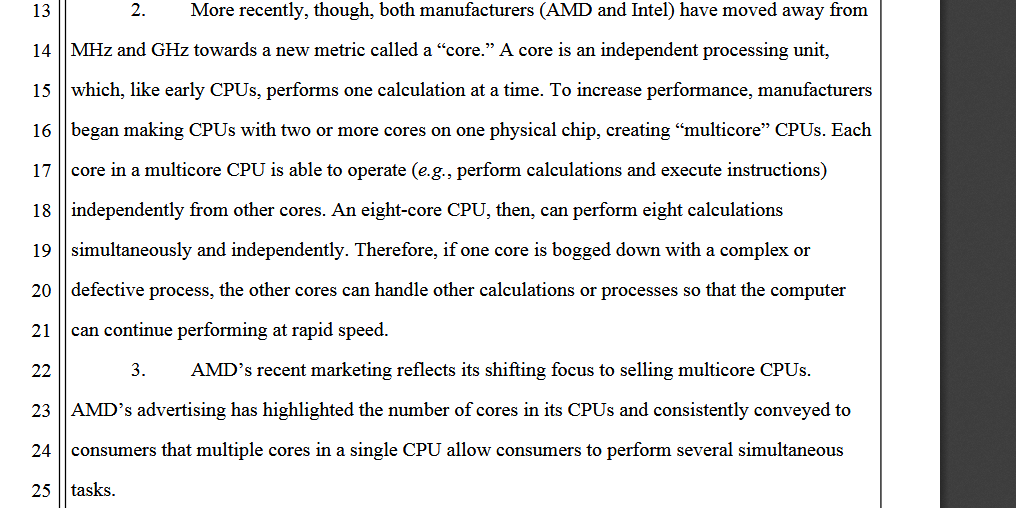Nobu
[H]F Junkie
- Joined
- Jun 7, 2007
- Messages
- 10,059
So you're saying AMD claimed their 8 core bulldozer CPU was better than Intel's 4 core...generally, and not just in whatever benchmarks they used in marketing?That's fine if you can't articulate the fine points to a consumer. But by the same token you can't use vague terms to market those esoteric differences to a consumer.
It's fine to say that 8 cores to 6 cores isn't a meaningful distinction when comparing different architectures. The problem lies in marketing teams who deliberately shifted to these slight to meaningless differentiations in order to sell more product to the masses.
![[H]ard|Forum](/styles/hardforum/xenforo/logo_dark.png)
